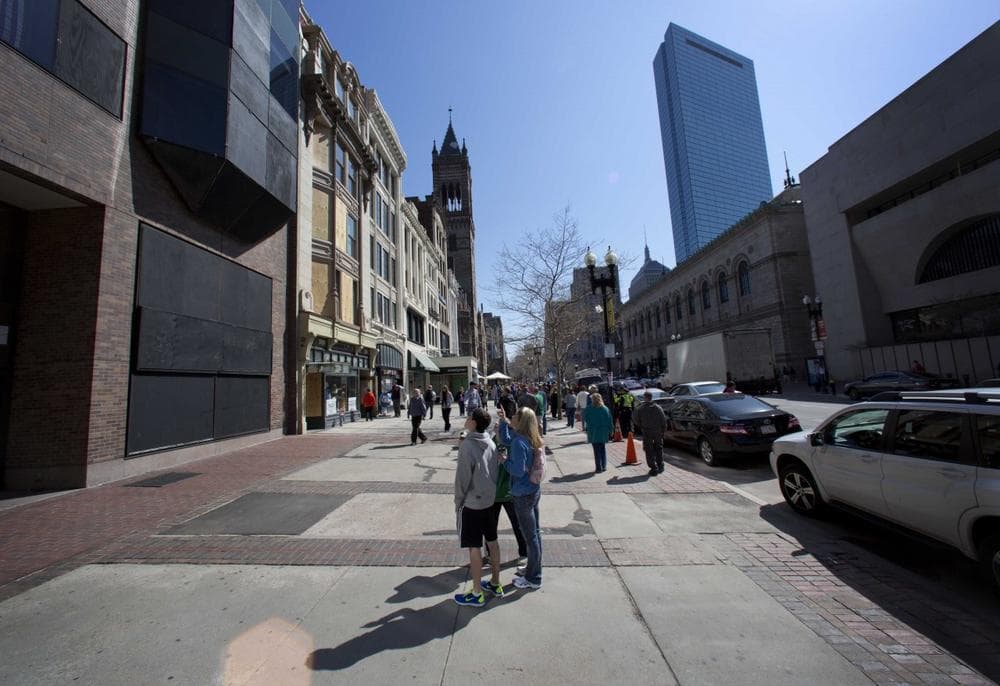Advertisement
CommonHealth: Lessons From The Battlefield Saves Marathon Victims
Resume
What happens if the three biggest arteries in the leg are unexpectedly severed? Usually, the blood loss is so quick and severe that it can lead to death. And yet, that's exactly what happened to transit officer Richard Donohue when a bullet tore through his thigh in the Watertown shootout between police and the Marathon Bombing suspects. But Richard Donohue is expected to make a full recovery, thanks to lessons from combat hospitals in tourniquet application and blood transfusion.
Guests
Joseph Blansfield, trauma program manager at Boston Medical Center and former chief nurse at a combat hospital in Iraq.
Carey Goldberg, co-host of WBUR's CommonHealth blog.
More
WBUR, “When they say someone has lost all their blood, it doesn’t mean you lost all your blood at the scene. You got injured, you lost a lot of blood, they got you to the hospital and they began replacing your blood, but you continued to bleed. So you’ve lost five liters of blood, that’s your total blood volume, but you didn’t lose five liters on the sidewalk — you would have died.”
This segment aired on April 30, 2013.